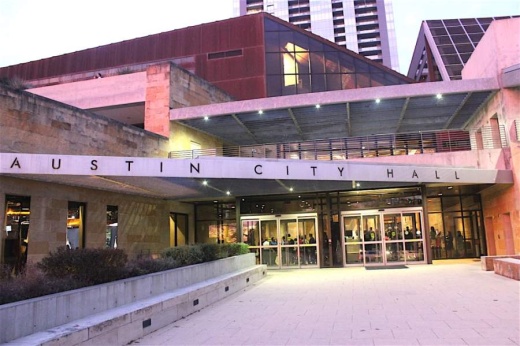However, the 1,000 families who received help through the city’s new Relief of Emergency Needs for Tenants, or RENT, program represent only a fraction of the residents who applied through the lottery system. According to numbers released earlier this week, the city received 10,738 applications between May 4 and May 6. Only 5,552 applications qualified, representing 12,723 people.
The requested help from eligible applications totaled $6.9 million. The average rent request was $1,185, according to numbers provided by the city’s housing department.
To qualify for relief, applicants had to be Austinites who faced job loss or a reduction in pay due to the coronavirus, earned an income of less than 80% of the area’s median income, were unable to pay rent in May and had not received any federal financial coronavirus relief.
Rosie Truelove, director of the city’s housing department, said she was “excited” about the program’s ability to help more than 1,000 families but acknowledged the need for help stretches well beyond what the city offered.
This initial $1.2 million came from the city’s housing trust fund. City Council will likely be discussing next week how to use federal dollars from the CARES Act—Austin received $170.8 million—to support rental assistance programs.
Acknowledging the delta between rental assistance need and supply, District 4 Council Member Greg Casar said the city has to do more and needs to figure out a way to efficiently spend CARES Act funding to help the most people. However, he said it is imperative the city uses most of the CARES Act funding on developing testing systems and focusing on the public health issues brought on by the pandemic.
“Ultimately, if we don’t address the virus as the root cause of this economic catastrophe, we will never be able to catch up and pay people’s rent,” Casar said. “We’d never be able to get close to affording people’s rents if we don’t get to the root cause.”
Although direct rental assistance has fallen short of need, local elected officials have put prohibitions on evictions through at least July 25. City Council also extended its mandatory 60-day grace period on paying missed rent through August.
Some people have still fallen through the cracks. District 1 Council Member Natasha Harper-Madison said during a City Council housing committee that she heard concerns from constituents living in extended stay hotels who did not qualify for rental assistance because extended stay arrangements are procured through informal leases. Harper-Madison urged city staff to get creative on the next round of rental assistance payments to ensure such residents do not miss out on government help.
“I wouldn’t be surprised if folks that are suffering more are more likely than the average person to be in those informal arrangements,” Casar said. “I would hate to leave out some of the folks who need it most.”
District 5 City Council Member Ann Kitchen pushed for the city to provide more data. She said she wanted to see the median income levels of those who missed out on help, and whether most applicants are coming from large complexes ruled by property management corporations or small, local landlords with only a few properties. Kitchen recommended combining the small business loan program and the commercial end of the RENT program, saying as much money needs to go to tenants as possible.
Casar said budgeting around programs already set up by City Council and the coronavirus will likely take place on Tuesday, May 19.





